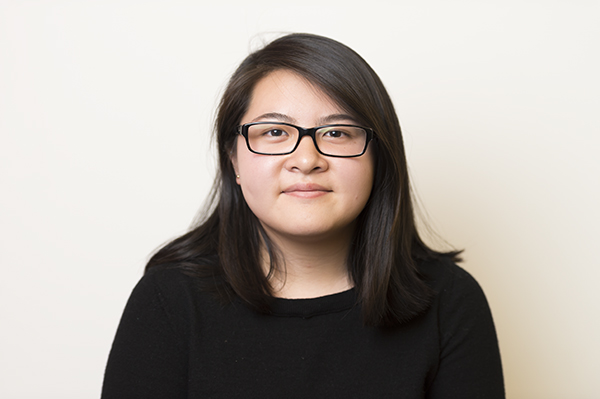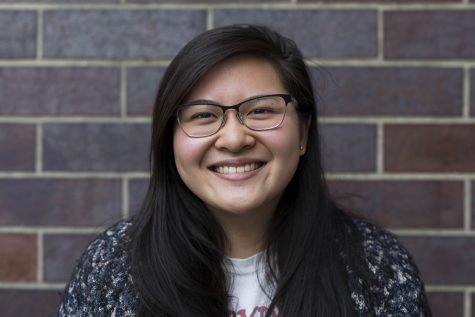Hollywood Goes Rogue With Female Leads

April 11, 2016
The announcement of Felicity Jones as the lead character in “Rogue One: A Star Wars Story” has predictably caused an uproar in online circles as many less-than-progressive men bemoaned the loss of another franchise to a female lead.
Jones’ casting continues a trend most moviegoers have been observing as of late, with women slowly yet surely entering the realm of big-name blockbusters. In the latest iterations of beloved male-dominated franchises like “Mad Max,” “Ghostbusters” and even the upcoming remake of “Ocean’s Eleven,” women are front and center, showing that the film industry is willing to move away from the traditional Hollywood blockbuster demographic of males aged 12-24.
The opportunity for women to headline big action films is a significant divergence from the days when females were simply objects of the male gaze. Viewers are starting to demand more diverse female roles as they increasingly recognize the rarity of strong female characters.
The opening-up of the film industry also creates an endless number of possibilities for storytelling not just for women, but for everyone else as well. With the cameras focused on the white male hero, whose story has been soaked in the norms of hyper masculinity and cultural idealism, viewers lose the opportunity to explore more interesting subject matters. Nuanced and unique films do exist, but they are generally limited to festival screenings and indie theaters — the blockbuster action genre has yet to be breached by these kinds of exploratory films.
Consider the current state of cultural resonance in most blockbuster films: white men blowing up buildings while gunfire and screams echo around them is a mainstay of every big summer movie. Minority, non-western characters are often reduced to props and the occasional villain. Considering the wealth of stories produced around the world that could translate to the big screen — Ottoman action movies, indigenous spiritual fantasy, epic conquests of Malian kings — filmgoers shouldn’t have to settle.
Some of these stories have been told but only through the eyes of the typical white male protagonist. But our world is no longer narrowly focused on the West anymore; it is global. The film industry would be wise to embrace the new reality and to draw upon it for inspiration. In doing so, viewers would benefit from a much deeper and intricate world of film. They shouldn’t have to choose between gender parity, racial diversity and cultural awareness. Hopefully in the near future they won’t have to.
Opinions expressed on the editorial pages are not necessarily those of WSN, and our publication of opinions is not an endorsement of them.
A version of this article appeared in the Monday, April 11 print edition. Email Emily Fong at [email protected].























































































































































